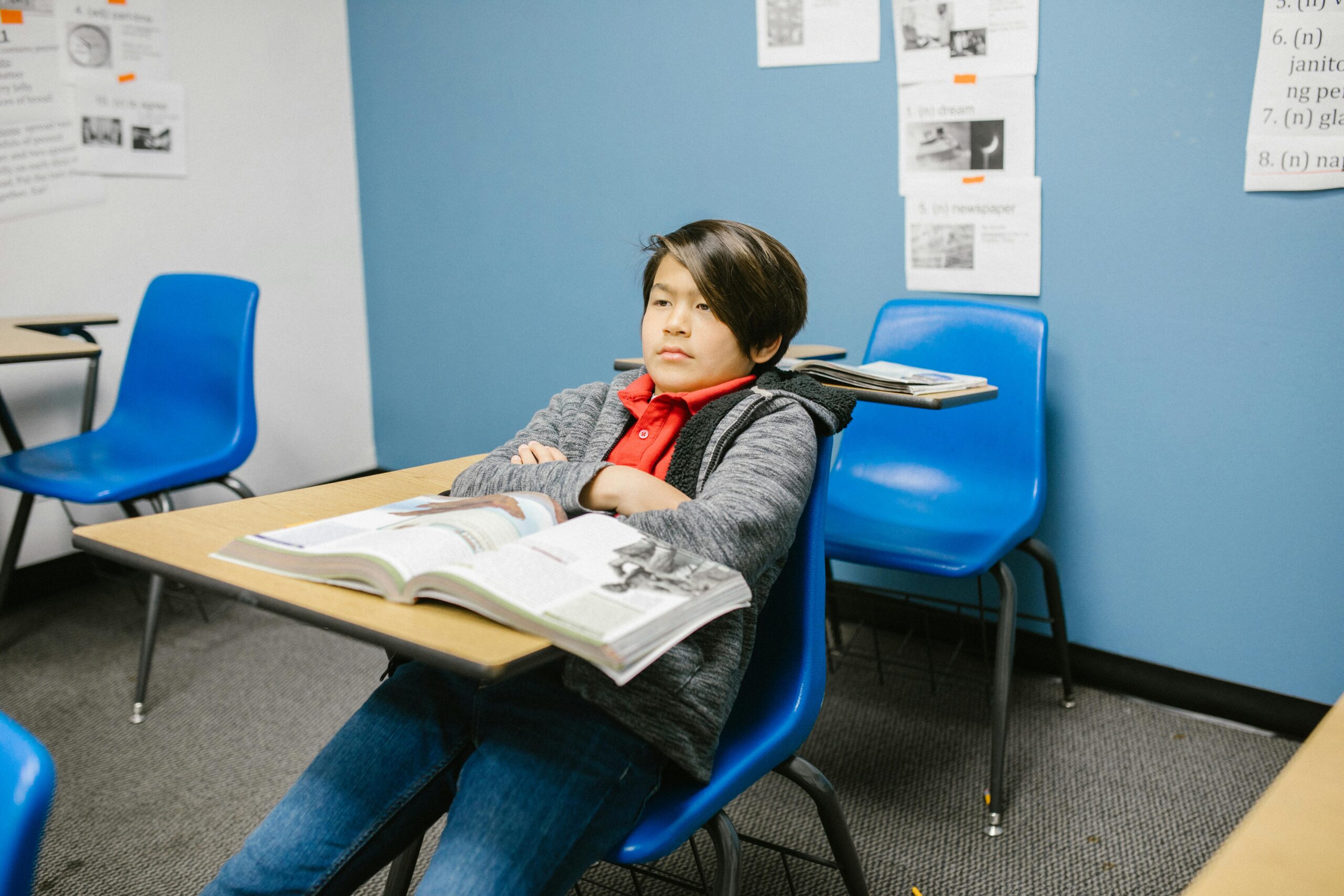Introduction: A Crisis No One Talks About Enough
Every day, students around the world attend school, study hard, and try to keep up. But behind the books and test scores, something much deeper is going on. Many students are silently struggling with their mental health. From anxiety to depression, stress to burnout—student mental health is reaching a breaking point.

This blog will explain what’s causing this crisis, how it affects students, and most importantly, what we can all do to help.
1. The Pressure to Succeed Is Too High
More than ever, students feel intense pressure to perform well in school. Good grades, high test scores, competitive college admissions—these expectations can become overwhelming. For many, the fear of failure leads to constant stress, sleepless nights, and even panic attacks.
💬 “If I don’t get good marks, my future is ruined.”
This is the thinking many students carry with them every day.
2. Social Media Makes It Worse
Social media may connect people, but it can also increase feelings of loneliness and self-doubt. Many students compare themselves to others online. They see perfect lives, happy faces, and big successes—and start to feel like they don’t measure up.
Even worse, cyberbullying and online hate have become more common, which adds to the pain.
3. Lack of Support and Understanding
Often, students don’t feel safe talking about their struggles. Some worry they’ll be judged or ignored. Others feel their feelings aren’t taken seriously by parents, teachers, or friends. This silence can turn sadness into something much more dangerous.
In many schools, mental health is still not openly discussed, and counsellors are too few to help every student who needs support.
4. Signs Students Might Be Struggling
Not all struggles are visible. But here are some common warning signs that a student might be facing mental health challenges:
-
Loss of interest in hobbies or school
-
Changes in sleep or eating habits
-
Always feeling tired or burned out
-
Withdrawing from friends or family
-
Drop in academic performance
-
Mood swings or crying often
If you notice these signs, it’s time to reach out—kindly and without judgment.
5. The Pandemic Made Things Even Harder
The COVID-19 pandemic made student mental health problems even worse. Many students faced:
-
Online classes with little connection
-
Family struggles, financial stress, and loss
-
Uncertainty about the future
Even after schools reopened, the emotional scars remained. Many are still trying to recover.
6. How We Can Help Students Cope and Heal
The student mental health crisis isn’t hopeless. We can take simple but powerful steps to create change:
✔️ Talk About Mental Health Openly
Let students know it’s okay to not be okay. Start conversations at home and in schools.
✔️ Listen Without Judging
Sometimes, just listening can make all the difference. Avoid blaming or offering quick fixes.
✔️ Encourage Breaks and Balance
School is important, but so is rest, fun, and friendship. Help students avoid burnout.
✔️ Offer Professional Support
Schools need more trained counsellors and wellness programs. Communities should offer safe spaces for youth to speak up.
✔️ Be Kind—Always
Every kind word or action can ease someone’s burden. Never underestimate the power of kindness.
Conclusion: It’s Time to Speak Up
Student mental health is a silent crisis—but it doesn’t have to stay that way. By understanding the struggles students face and showing them they are not alone, we can change lives. Maybe even save them.
The time to act is now. Let’s support our students not just in grades, but in heart, mind, and soul.
🔗 For Further Reading:
🕒 Time Blocking and Scheduling Techniques: Smart Strategies to Plan Your Day Effectively
🌱 Building Good Habits: Simple Strategies to Boost Productivity and Well-Being
How to protect yourself from negative and toxic people who lower your confidence
Decision-Making: The Hidden Logic Behind Our Irrational Yet Predictable Behaviour
The Surprising Power of Mind-Wandering: How Daydreaming Boosts Planning and Problem-Solving
World Health Organisation (WHO) – Adolescent Mental Health
https://www.who.int/news-room/fact-sheets/detail/adolescent-mental-health
UNICEF – The State of the World’s Children 2021: On My Mind – Promoting, protecting and caring for children’s mental health
https://www.unicef.org/reports/state-worlds-children-2021

